How to Cook African Food
Welcome to my kitchen where I'll give you tips and instructions on how to cook African food from across the continent.
How to Cook African Food Step by Step
If you're new to African cooking or wanting to try a new dish, we're here to walk you through how to cook African food that is delicious, nutritious, and authentic. If you don't see a dish you'd like instructions for contact us and we'll do our best to prepare a tutorial as soon as possible.
- How to Make Chapati
- How to Make Kale Soup
- How to Make Chapati Soft
- How to Cook Mandazi
- How to Make Maize Porridge
- How to Make Your Own Biltong
- How to Make Plantain Chips
African Cooking Ingredients
Instructions on why and how to cook with popular African foods.
African Cooking Methods
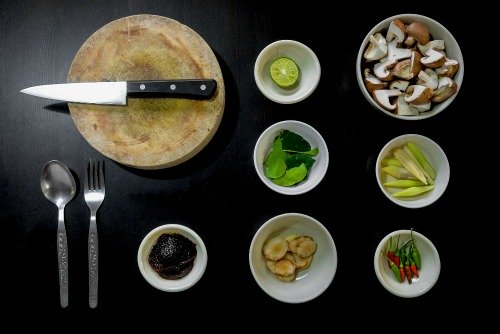 African Food Preparation
African Food PreparationThere are several cooking methods used to make most African cuisine, though the most popular are boiling, steaming and pan frying.
Typically, few fats are used in preparing African dishes, even when frying.
The fats that are frequently used are palm, coconut, and extra virgin olive oil which are 3 of the healthiest oils to cook with when oil is required.
Spices play a lead role in African cooking. Not only do most dishes include a variety of spices, but many aromatic and exotic spice mixes are blended for meat rubs and more.
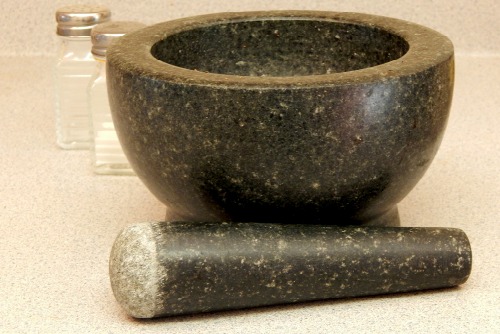
Whole spices are crushed with a mortar and pestle and then mixed with additional ground spices.
If you're going to cook authentic African dishes, you MUST invest in a variety of spices.
Trust me! Your taste buds will thank you.
6 African Cooking Methods
1. Baking
African baking is traditionally done over hot ashes or stones, but these recipes can now be replicated in the modern oven.
2. Boiling
Many African dishes and sauces are boiled in water. This eliminates the need for oil and makes the dishes healthier.
Traditionally an earthenware pot might be used for boiling food, but in a modern kitchen regular pots and pans are more often implemented.
Foods that are likely to be boiled include...
3. Deep Frying
Deep frying was not a traditional method of African cooking, however, it made it's way into their culture through immigration and outside influences. Now many African foods are deep fried.
Plantain chips are probably one of the most popular deep fried foods. The plantains don't require a long time in the oil and any excess oil can be removed by placing the chips on a paper towel or such after removing them from the oil.
4. Grilling
Whether you have an indoor grill or an outdoor barbecue, there are plenty of African dishes that are grilled.
In South African barbecuing is actually known as braaing and rather than cooking food on a traditional barbecue grill, they feed a fire for several hours and then let it burn down. The food is then grilled over red hot embers and the results are out of this world tasty.
Meat and other food items that have been marinated in vinegars, juices, sugar, spices, oil, etc. are dropped onto a very hot grill (over 285 F) which creates a chemical reaction that seals in all the delicious flavours and juices. YUM!
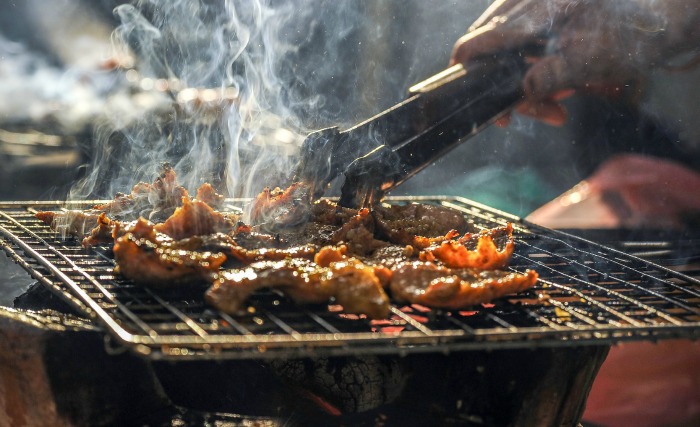 Grilling Over Hot Embers
Grilling Over Hot EmbersThe Maillard reaction is a chemical reaction between an amino acid and reducing sugar, usually requiring the addition of heat. Like caramelization, it is a form of non-enzymatic browning.
Source: Science of Cooking
5. Pan Frying
Pan frying involves cooking in a pan or skillet with minimal fat.
Chapati is a perfect example of a pan fried African food. Watch as the gentleman in the video pan fries Ugandan chapati. Notice how he absorbs some of the oil from the first chapati when he starts to cook the second. Great technique.
6. Steaming
Steaming generally involves boiling water continuously till it vaporizes into steam. The steam carries the heat to the food and cooks it. The food doesn't touch the boiling water, but has direct contact with the steam and keeps the moisture in the food.
Food can also be "steamed" in banana leaves. That involves wrapping ingredients in the leaves, and baking them in an oven. The leaves hold in the moisture and flavour of the food.
Steaming can also be achieved in a tajine or slow cooker.
Banana Leaf Steaming
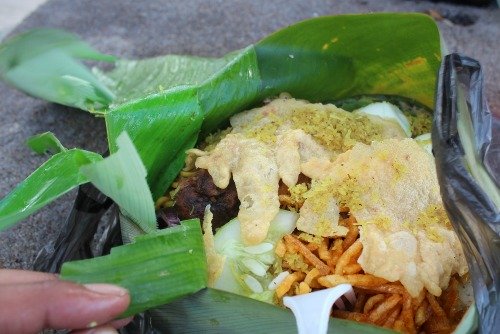
Banana leaves are used in place of tin foil to steam foods and provide additional flavour to the dishes.
Some African breads are made using the steaming method. You can easily replicate that at home.
- Prep the dough and put it in a bowl
- Put that bowl in a pot of boiling water that rises about halfway up the bowl
- Cover and steam bread till it is fully cooked
- Add water as needed
Did You Know?
Spices were monopolized for centuries by Middle Eastern and North African middlemen who guarded the valuable sources closely and became fabulously wealthy for it. Back then, the colorful grains were used for flavoring food, but also for such tasks as making perfume, embalming the dead, preserving meat and sprucing up salve recipes in traditional medicine.
Source: Live Science
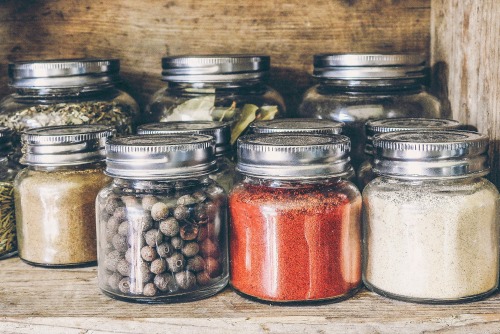 African Spices
African SpicesCapturing the Spirit of African Cooking
The other day I happened upon a YouTube video by a young lady who was sharing step by step instructions on how to prepare an African meal inspired by her homeland of Ghana.
The woman's name is Afia Annebasua Opal and she perfectly captures the spirit of African cooking, so I had to share this video with you.
Her ingredient list is dominated by vegetables and spices, one of the big reasons real African cuisine is so healthy. Barely any oil is used in her dishes. The food simmers in water and it's own juices till it reaches it's optimal flavour profile.
I can practically smell the goodness through my computer screen now. Bon Appétit!
Healthy Ghanaian Guinea Hen, Kale Soup, and Polenta Meal
Want regular updates on African cuisines and food recipes? What about unique health information about these foods - what to eat and avoid to keep healthy from the list of African recipes available?
Fill in the form below to subscribe to our Newsletter - AfricanFoods Weekly?
Worried about spamming? We are too. We will never ever give or pass on your information to anyone else. We will only use your email address to send you your copy of our weekly newsletter. We do have a zero tolerance to spam. We subscribe to a very strict policy on the handling and use of information we gather on this site! We also get paid for affiliate links on this site. See our privacy policy for further details.
Follow us on social media:
Get Our Weekly Newsletter. Subscribe Today. It's FREE.
Subscribe to African Foods Weekly
Get African food recipes, cooking tips, and healthy eating info delivered to your inbox every week. Simply fill in your email below and click SUBSCRIBE .
(Your information will not be shared)
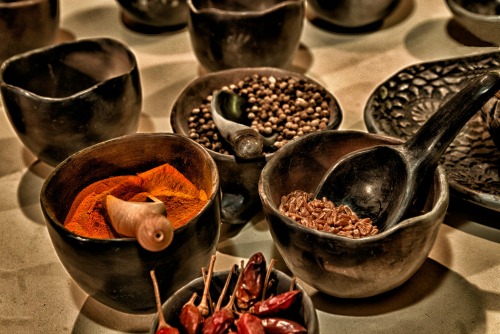
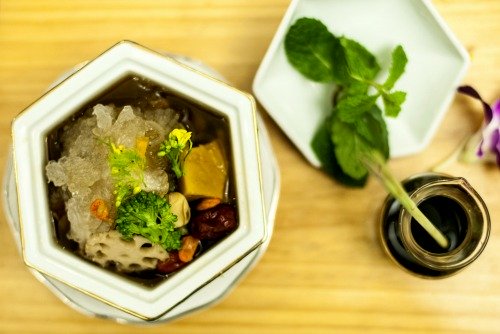






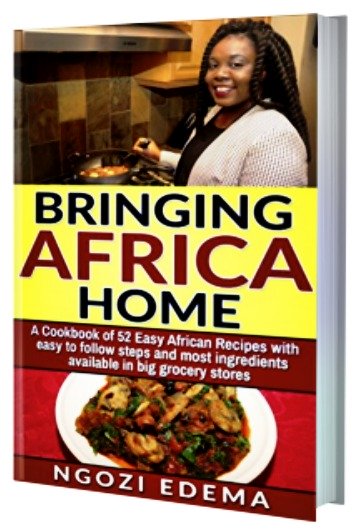



New! Comments
Have your say about what you just read! Leave me a comment in the box below.